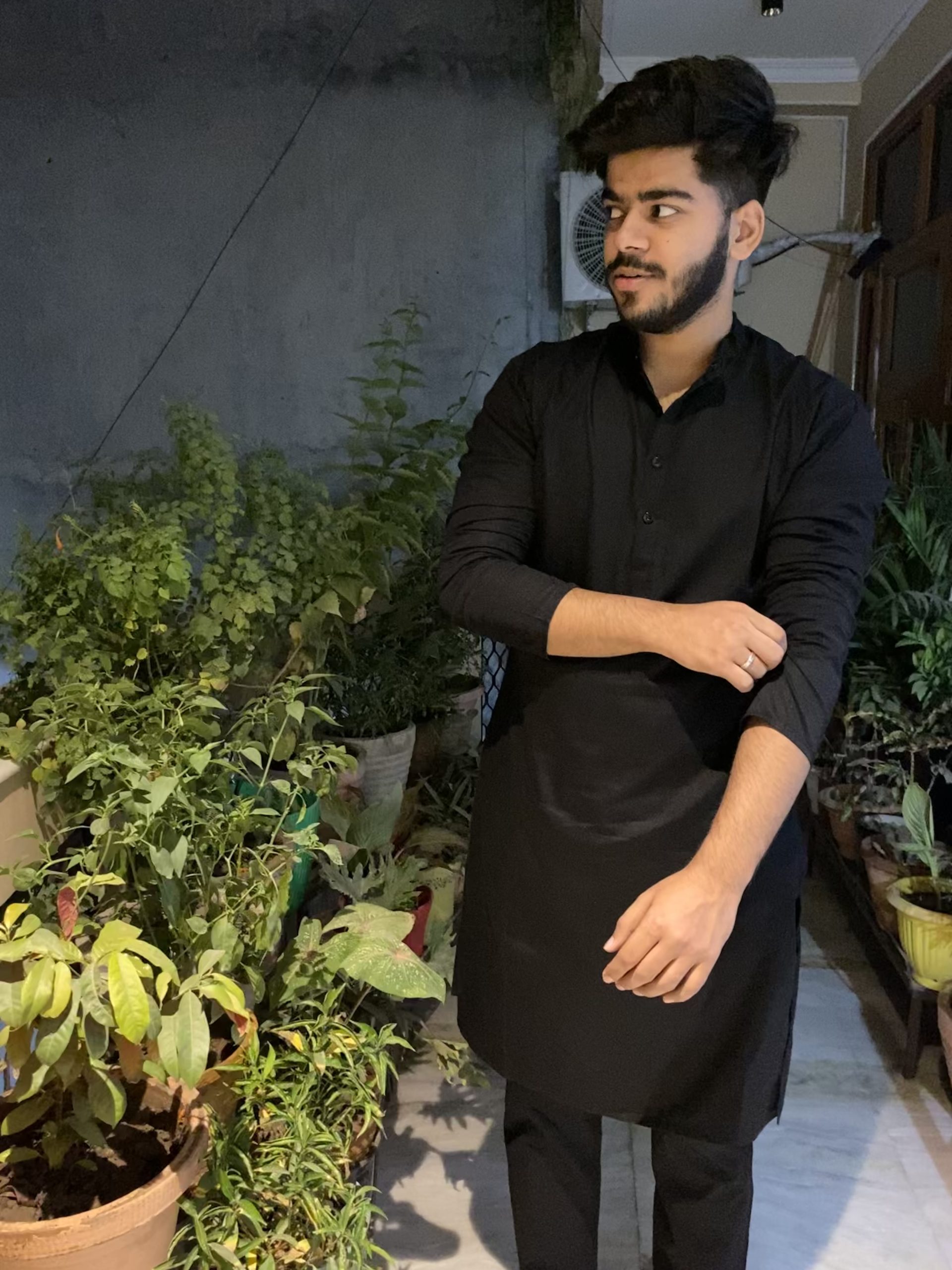Unmasking Intimate Partner Violence: Insights, Impacts, and the Path to Prevention
- Prevalence of IPV: Around 30% of women in India experience Intimate Partner Violence (IPV), including physical, emotional, and sexual abuse.
- Health Impact: IPV leads to severe health issues such as injuries, malnutrition, pregnancy complications, mental health disorders, and increased risk of homicides.
- Legal Framework: IPV is criminalised under Section 84 of the Bharatiya Nyaya Sanhita, 2023, in India.
- Perpetrator Analysis: Theories on domestic violence link men’s engagement in IPV to socio-political, psychoanalytical, and social learning factors.
Need for Focus: Effective IPV prevention requires understanding the behaviour and mentality of perpetrators, not just supporting victims.
Introduction
Around 30% of women reported experiencing at least one of the 13 types of Intimate Partner Violence (IPV), ranging from physical to emotional and sexual abuse states the National Library Of Medicine in its recent study based on data from the National Family Health Survey (NFHS-5) during 2019–21.
October is recognised as Intimate-Partner Violence (IPV) and Domestic Violence Prevention Month to raise awareness and provide resources to prevent IPV and domestic violence. The month educates the public, advocates for survivors, and promotes policies that protect victims and hold abusers accountable. But to address these issues effectively, we need to learn more about IPV and its implications.

Intimate Partner Violence (IPV) is defined as all forms of physical, sexual, and emotional abuse perpetrated against an intimate partner in a close relationship, including current and former spouses and dating partners. IPV is considered a criminal offence in India and is punishable under Section 84 of the Bhartiya Nyay Sahita, 2023.
In India, the most common type of spousal violence is physical violence (28%), followed by emotional violence (14%) and sexual violence (6%). While recent surveys reported a 2% drop in IPV cases, the number of cases remains alarmingly high.
IPV is considered a social scourge and a serious public health concern. There is substantial evidence indicating that IPV can lead to poor health outcomes, including injuries, malnutrition, pregnancy complications, risks of sexually transmitted infections, depression, anxiety, and Post-Traumatic Stress Disorder (PTSD) among women. Additionally, studies have found that 38–50% of all homicides of women are committed by their partners as a result of IPV.
One of the significant challenges faced in addressing IPV is that the existing literature on domestic and spousal violence tends to focus on the victims, often neglecting the characteristics, perceptions, and attitudes of perpetrators, particularly in India. Understanding the root causes of IPV requires a deeper examination of the traits and behaviours of those who commit such violence. Addressing IPV effectively involves exploring the mentality and characteristics of these perpetrators.
Men’s engagement in IPV can be analysed through various theories on domestic violence, which can be classified into three main categories: Socio-political critiques, Psychoanalytical theories, and Social learning theories.
Theories
- Socio-political critique theories argue that domestic violence serves as a mechanism to uphold the patriarchal structure of society. Interestingly, it was found that in households where women earn more than men, the latter engage significantly more in domestic violence, presumably to maintain power dynamics within the household.
- Psychoanalytical theories suggest that men may exhibit hyper-masculine behaviour as a means to compensate for their emotional insecurities and stress, ultimately leading to domestic violence.
● Social learning theories propose the intergenerational transmission of violence within families. According to these theories, individuals learn violent behaviour through observing and imitating it within their family environment.
Conclusion, Further Resources
Policy reforms and stricter laws are necessary to address IPV effectively, but analysing the characteristics and behaviours of the perpetrators should also be a priority.
Need Help?
Call: WOMENS HELPLINE 181
WhatsApp: https://daftee.org/
Author

